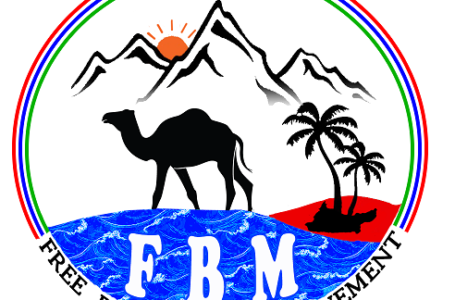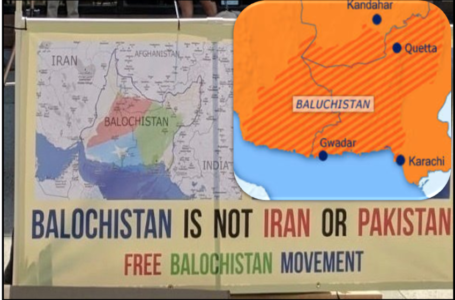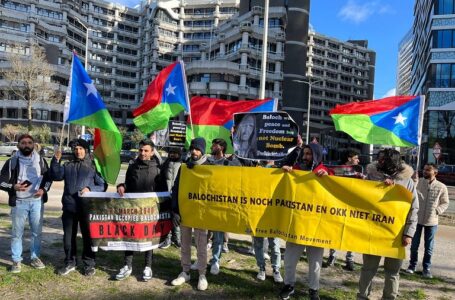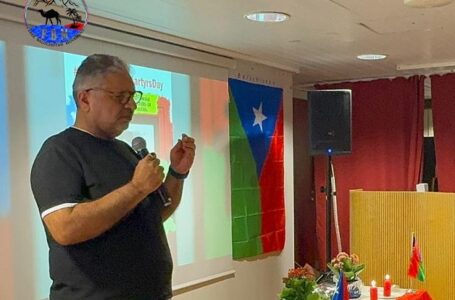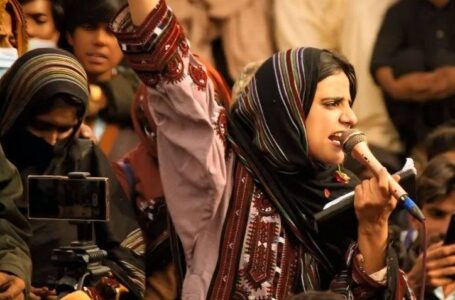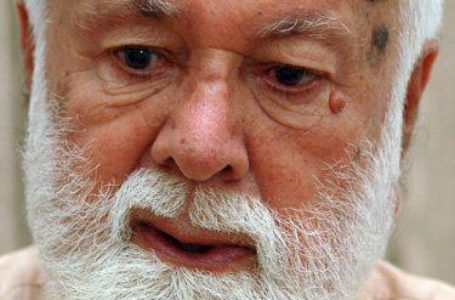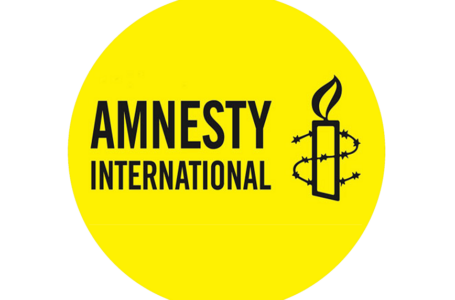Occupied Balochistan: A Chronicle of Genocide, Exploitation, and Resistance
27 March 1948: Balochistan’s Occupation day
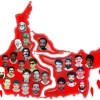
By Qaazi Baloch
Since 27 March 1948, the Baloch nation has been observing #27MarchBlackDay to record their protest against the forcible and illegal occupation of Balochistan by Pakistan. This is the day when Pakistan subjugated Balochistan. Balochistan basically is a country geographically located in Southeast Asia. Before the separation of Subcontinent, the region was under control of British Empire. Britain announced through Indian Independent Act of 1947 that from 15 August 1947 the British rule would end in the subcontinent but before this Act Britain accepted the independence of Balochistan on August 11, 1947.
The New York Times newspaper and All India Radio broadcasted and published the announcement of Balochistan’s independence. Many world dignitaries send their congratulatory messages to the ruler of Balochistan who had declared independence and addressed the nation in Balochi language for the first time. Pakistan herself also recognized Balochistan’s independence.
Later on, Mohammad Ali Jinnah tried to convince Baloch leaders to join Pakistan in the name of one religion but the Baloch leadership of the time never agreed. Finally, Pakistan favoured military action against Balochistan and occupied the sovereign Baloch state violating all international laws on March 27, 1948.
In the same year, the Baloch insurgents under the leadership of Prince Abdul Karim Khan Baloch started fighting against Pakistan. Like any other foreign invader, Pakistan used many deceitful tricks and brutal force in its effort to crush the Baloch freedom struggle. In the history, every colonizer tried to crush the struggle of the colonized people. Pakistan also exercised the same level of crimes against Baloch people. Many of the Baloch leaders and civilians were imprisoned. The Baloch insurgency neither perished nor stopped but it gained momentum in response to each brutal attack of Pakistan.
Pakistan realised it cannot defeat the Baloch only by force so it used the sacred name of religion and holy Quran to deceive first Abdul Kareem Khan and then Nawab Nauroz Khan and his sons. Pakistani army agreed to meet the demands of Prince Abdul Kareem and Nawab Nauroz Khan but when they Baloch leaders and their companions came down for negotiations both were arrested and imprisoned. Nawab Nauroz Khan’s sons were executed in Hyderabad jail while Nawab himself passed away in prison. The arrest, imprisonment and execution of Baloch leaders and comrades of freedom struggle have temporarily slowed down the liberation movement but the struggle continues and it is still continuing with full national zeal.
In the 1970s after the independence of Bangladesh, the Baloch nation once again tried forcefully to regain their sovereignty from Pakistan. Bhutto regime with help of Shah of Iran, however, once again managed to weaken the Baloch movement for liberation. There is no exact data of casualties from both sides but there are guesstimates that more than 5,000 Pakistani soldiers were killed and around 12,000 Baloch mostly non-combat including women and children lost their lives in indiscriminate bombardments by Pakistan air forces and Iranian helicopters.
The latest phase of Baloch political struggle coupled with armed resistance begun in the late 90s and intensified in the year 2000 onwards. Baloch pro-freedom leader Hyrbyair Marri played a leading and important role in reorganising and uniting the current phase of the liberation movement. In the field of armed resistance, the Baloch Liberation Army is the most pivotal and organised group that begun its activities across Balochistan around 2001 and helped all other armed groups in its capacity which were founded later on.
At present, there are at least three main armed resistance organisations and three political parties that are striving for their common goal independence of Balochistan. The armed groups are Baloch Liberation Army (BLA) Balochistan Liberation Front (BLF) and Baloch Republican Army (BRA) while on political front the Baloch National Movement, Baloch Republican Party and the Free Balochistan Movement the voice of Baloch nation on the national and international level. Even though these organizations and parties have different names but they have a common goal which independent of Balochistan which was occupied by Pakistan on 27 March 1948.
Despite Pakistani state terrorism and crimes against humanity in Balochistan that include indiscriminate bombing of Baloch villages, extrajudicial killing Baloch men, women and children either during military attacks or through army-backed criminal death squads, enforced-disappearances and the in-custody killing of Baloch political prisoners – the Baloch nation is adamant to continue their liberation movement to its final destination.
Like previous years, this year also the Free Balochistan Movement announced protests, rallies and meetings on the international level on Balochistan Occupation Day in London, Germany, the Netherlands, Canada, USA and other countries. The FBM has asked all Baloch and other human rights activists to join its protests on 27 March 2018 to record their protest and stand with the Baloch nation for their national liberation. The Baloch National Movement (BNM) has also announced programs in North Korea and Germany while BSO and BNM held a joint event in Canada’s Toronto city where speakers discussed the history of Balochistan’s occupation and division by British forces in 1839 and Pakistan occupied Balochistan in 1948.
The Baloch nation has been urging the civilised world and the United Nation to take notice of Pakistan’s war crimes and crimes against humanity following the illegal occupation of Balochistan. The Baloch nation hopes that UN and the progressive democratic nations of the world will support the Baloch freedom movement for the restoration of Balochistan’s independence.

